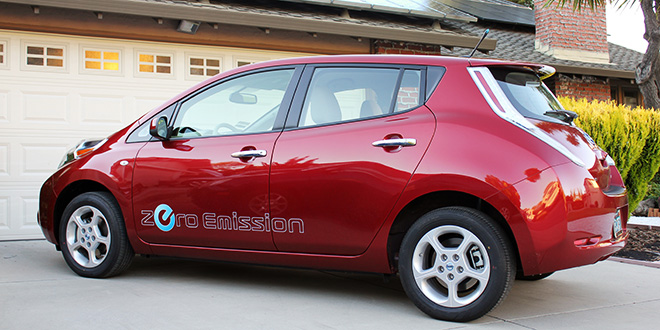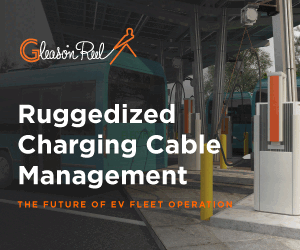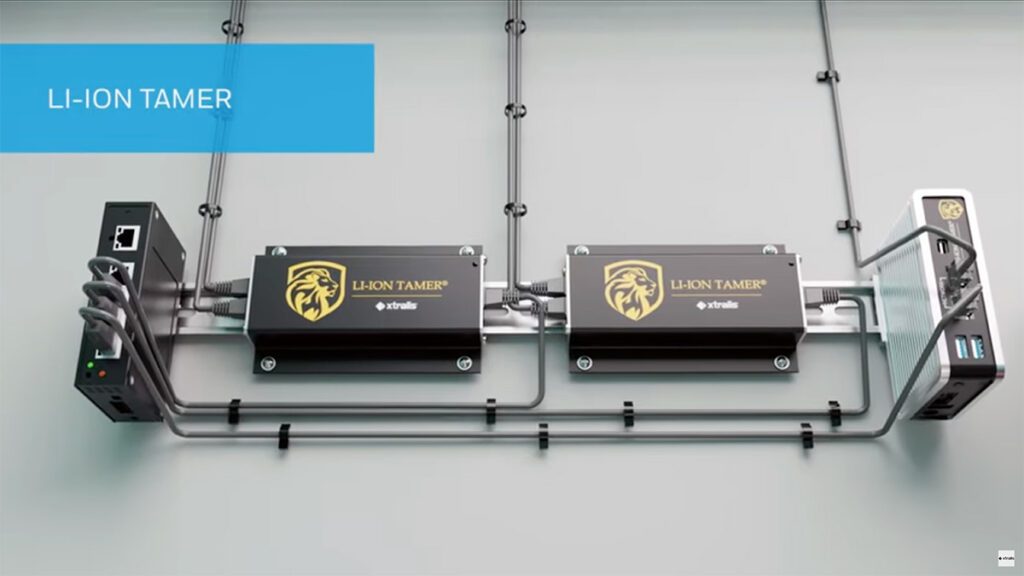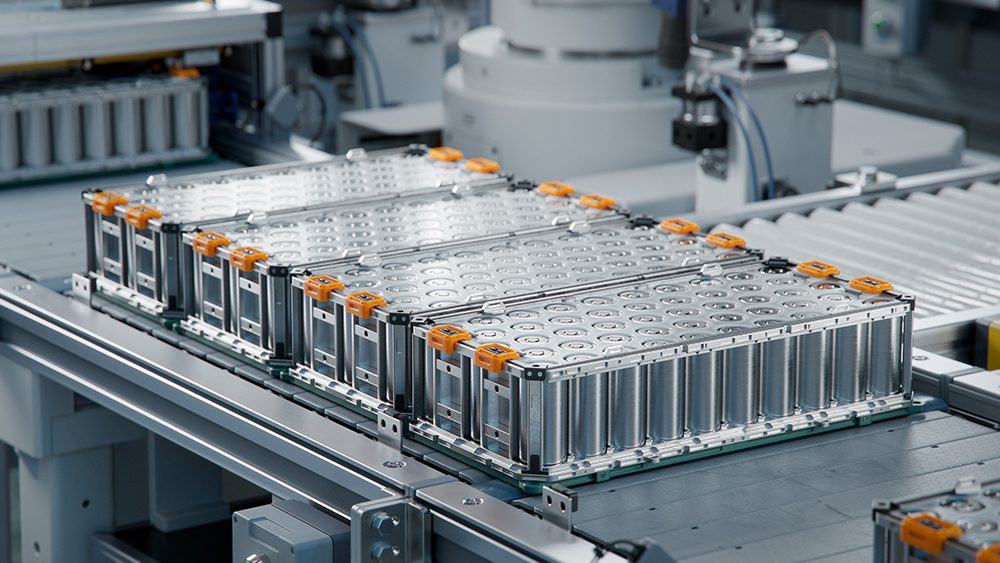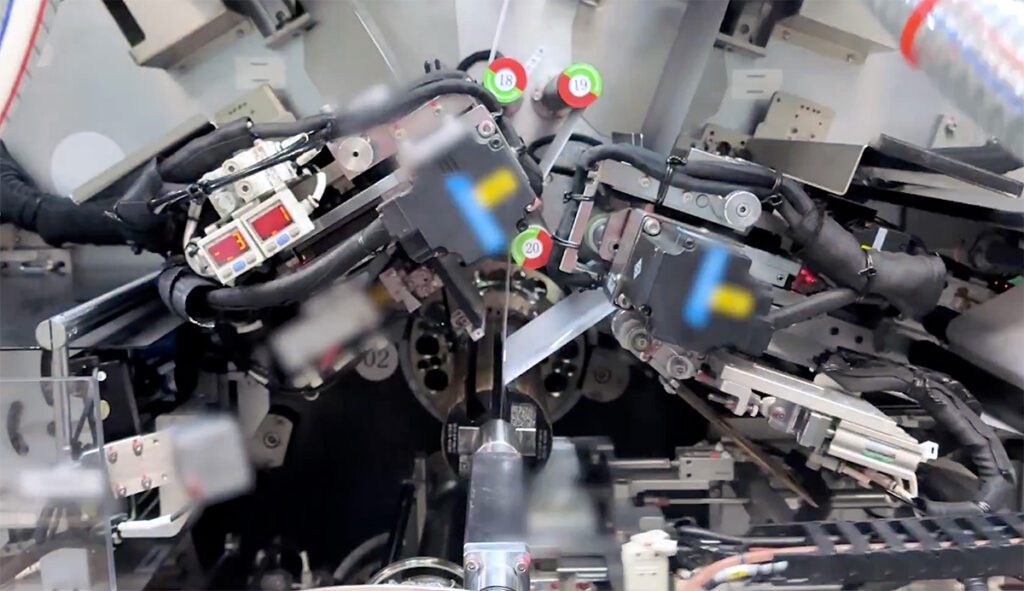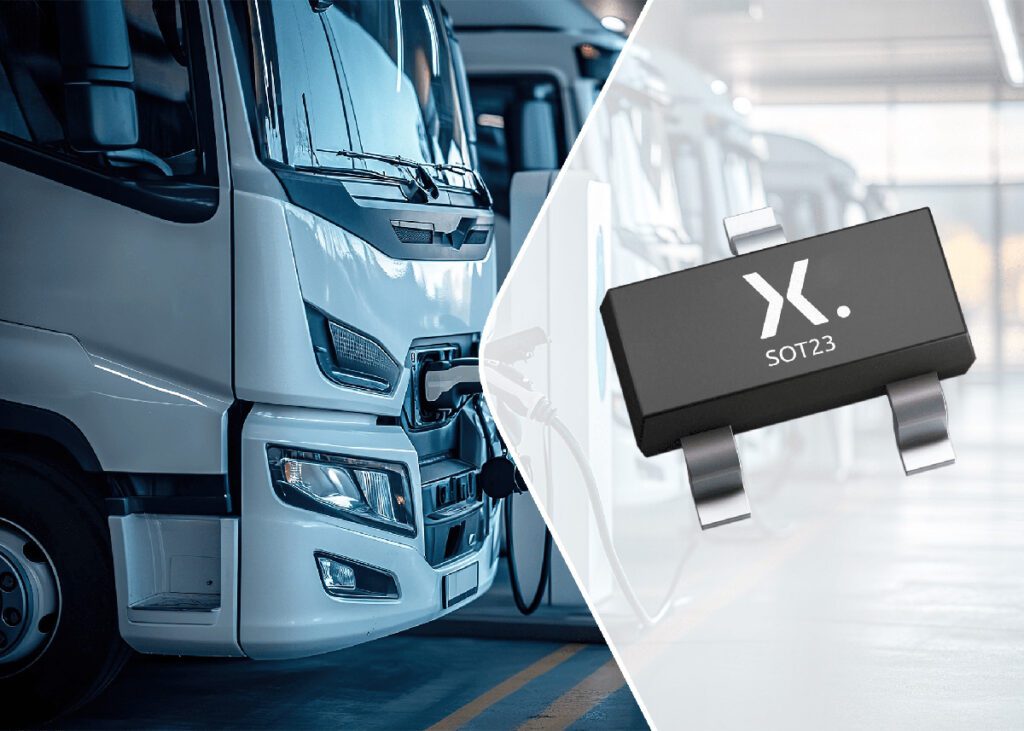Here we go again. A mainstream news source distills (some would say “distorts”) a complex scientific study into a sensational headline, and the online echo chamber spins the story into a narrative that’s almost the opposite of what the study actually found.
The study, Life Cycle Air Quality Impacts of Conventional and Alternative Light-Duty Transportation in the United States, conducted by the University of Minnesota, examined the air pollution impact for different types of vehicle powertrains, including gas, diesel, CNG, ethanol, hybrid and EV.
Under the headline “Your all-electric car may not be so green,” the AP made much of one of the study’s findings – that an EV powered by dirty energy sources causes substantially more air pollution than does a legacy gas vehicle.
Here’s what the study says: “We find that powering vehicles with corn ethanol or with coal-based or ‘grid average’ electricity increases monetized environmental health impacts by 80% or more relative to using conventional gasoline. Conversely, EVs powered by low-emitting electricity from natural gas, wind, water, or solar power reduce environmental health impacts by 50% or more. Consideration of potential climate change impacts alongside the human health outcomes described here further reinforces the environmental preferability of EVs powered by low-emitting electricity relative to gasoline vehicles.”
The AP article (which does not actually quote from the study) focuses on the first sentence above (EVs bad), briefly summarizing the next two sentences (EVs good) at the end of the piece.
Several EV writers, including John Voelcker and Nikki Gordon-Bloomfield, have already written detailed rebuttals of the AP article. Those few who read the study itself will find that it is far from an indictment of EVs. Rather, its conclusions serve as a call to continue the trend toward cleaner sources of electricity.

“Our assessment…of 10 alternatives to conventional gasoline vehicles finds that EVs powered by electricity from natural gas or wind, water, or solar power are best for improving air quality, whereas vehicles powered by corn ethanol and EVs powered by coal are the worst,” wrote co-authors Christopher W. Tessum, Jason D. Hill and Julian D. Marshall. “Our findings thus reinforce the benefit of pairing EVs with clean electricity.”
While many eagerly seized on the AP’s headline as the complete story (and some didn’t even trouble to include the word “may”), some at the other end of the spectrum will be reluctant to accept even the assertion that a coal-fired vehicle is dirtier than a gas guzzler. The study does leave unanswered several questions that bear on this point, including:
- The findings seem to contradict an April 2012 study by the Union of Concerned Scientists, which found that “even when charging an EV with electricity made only from coal, the dirtiest electricity source, the EV has better emissions than the average new compact gasoline vehicle.” The two studies may not be using the same sets of figures – the authors of the new study don’t specify exactly what they mean by a “gasoline vehicle.” Prius, Hummer, or something in between?
- A coal-powered EV may be a dirty beast, but how many such vehicles are out there? The states with the largest proportion of coal-generated juice (Illinois, Ohio, North Dakota, West Virginia, and Wyoming) have few EVs. California, home to almost half of the nation’s pure EVs, gets almost all of its electricity from natural gas, nuclear and renewables. Instead of comparing an ICE vehicle to a hypothetical coal-mobile, would it be more relevant to compare it to the average EV actually on the road today?
Sources: AP, Green Car Reports, Transport Evolved, National Academy of Sciences, Energy Information Administration, Union of Concerned Scientists
Images courtesy of Arnold de Leon/Flickr







